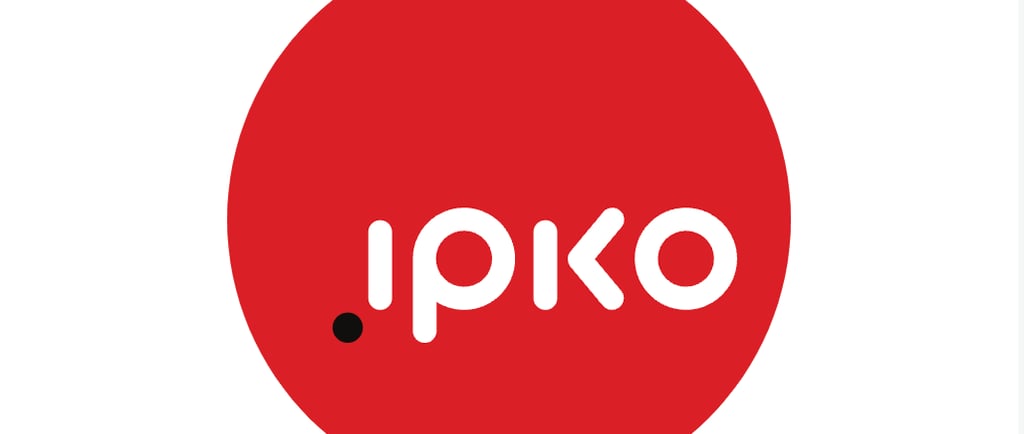An In-Depth Look at IPKO's Internet Services in Kosovo


Understanding the Challenges with IPKO Internet Services
In recent times, the experiences of customers relying on IPKO for internet services in Kosovo have raised serious concerns about the company’s performance. Unfortunately, many users have described IPKO as one of the most disappointing internet providers globally. Critical issues ranging from inadequate customer support to prolonged service outages have contributed to a growing discontent among consumers.
Customer Service Woes: Language Barriers and Call Center Issues
A significant aspect of IPKO's troubles lies within its customer support systems. Many users have reported that the call center representatives do not speak English adequately, which presents a challenge for non-Albanian speakers seeking assistance. To add to the frustration, several customers have encountered instances where their calls are abruptly disconnected, leaving them without any resolution to their inquiries. Such language barriers and lack of effective communication have led to feelings of helplessness among subscribers.
Technical Support Delays and Equipment Problems
Technical support is another area where IPKO struggles. Customers often face long waiting times for technicians to arrive and diagnose their issues. In many cases, individuals have recounted waiting days or even weeks for a technician to come, only to find that they have been sent the wrong modem. Such inefficiencies not only deter customer satisfaction but also point toward systemic issues within the company's operational framework.
The frustration experienced due to recurring modem replacements highlights a troubling trend. Customers frequently find themselves caught in a cycle of receiving incompatible equipment that leads to ongoing connectivity issues. This not only aggravates the already tense situation but also paints a clear picture of IPKO's inadequate responses to customer needs.
Moving Forward: What Can Be Done?
As customer dissatisfaction continues to mount, it is crucial for IPKO to take immediate and effective action. Improved training programs for customer service representatives are necessary to bridge language gaps and enhance communication. Additionally, streamlining the technical support process would alleviate delays in service and ensure that customers receive the correct equipment promptly.
IPKO must prioritize customer experience to rebuild trust with its user base. Without quick and effective reforms, the company risks losing more subscribers to competitors capable of providing reliable services and better customer support.
In conclusion, while IPKO has established itself as a prominent internet service provider in Kosovo, there remains significant room for improvement. By addressing customer service issues and enhancing technical response times, IPKO can work towards changing the narrative around its reputation and providing the reliable internet services that consumers deserve.
